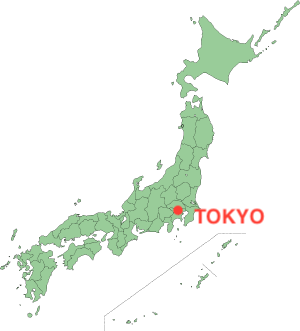
Tokyo, a city where modernity meets deep-rooted tradition, is often seen as a high-tech metropolis. However, beyond the neon lights and bustling crowds lies an authentic side of Tokyo that many visitors overlook.
This blog explores the heart of traditional culture and hidden treasures that make Tokyo a truly unique destination.
- Historical and Cultural Landmarks: A Glimpse into the Past
- Hidden Traditional Neighborhoods: Where Time Stands Still
- Authentic Culinary Experiences: Savoring Tokyo’s Flavors
- Immersive Cultural Activities: Hands-on Traditions
- Off-the-Beaten-Path Nature Escapes in Tokyo
- Unique Cultural Festivals and Seasonal Events
- Conclusion
Historical and Cultural Landmarks: A Glimpse into the Past
Asakusa and Sensō-ji Temple: Tokyo’s Oldest Buddhist Temple
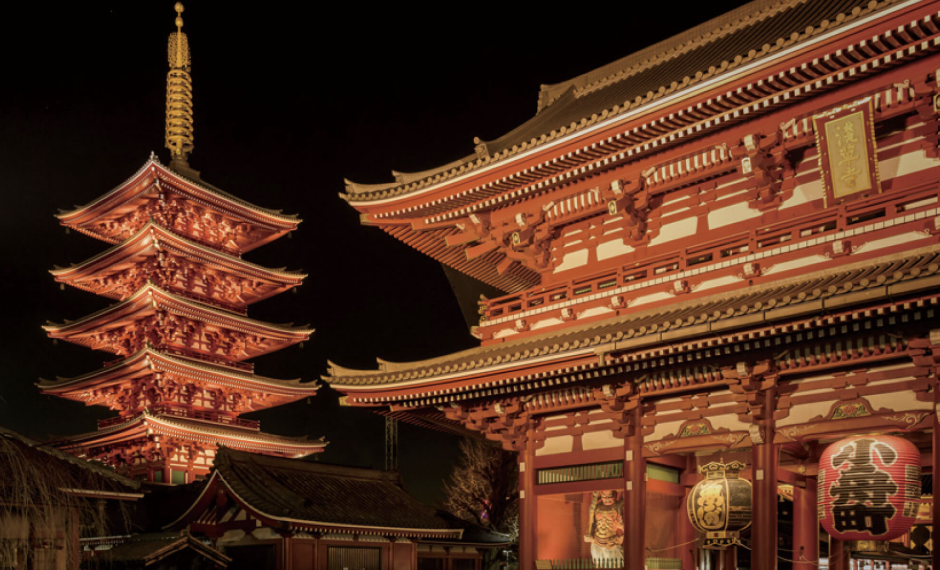
Asakusa is one of the few districts in Tokyo that retains the atmosphere of old Edo.
Sensō-ji, the city’s oldest temple, is a must-visit for those seeking a deep connection to Tokyo’s spiritual and historical roots. Walking through the grand Kaminarimon Gate and along Nakamise Street, visitors can find traditional snacks, souvenirs, and crafts, evoking a sense of nostalgia for Japan’s past.
The Imperial Palace and Its Serene East Gardens
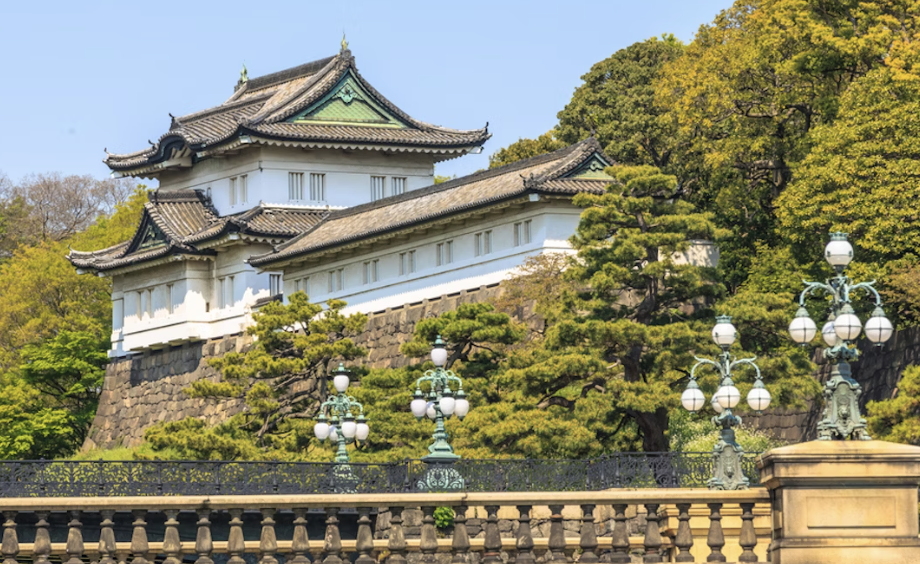
The Imperial Palace, home to Japan’s Emperor, stands as a symbol of the nation’s history and cultural heritage. Although the palace itself is not open to the public, the East Gardens offer a tranquil escape from the city’s fast-paced lifestyle.
Hidden Traditional Neighborhoods: Where Time Stands Still
Yanaka: Tokyo’s Last Remaining Shitamachi
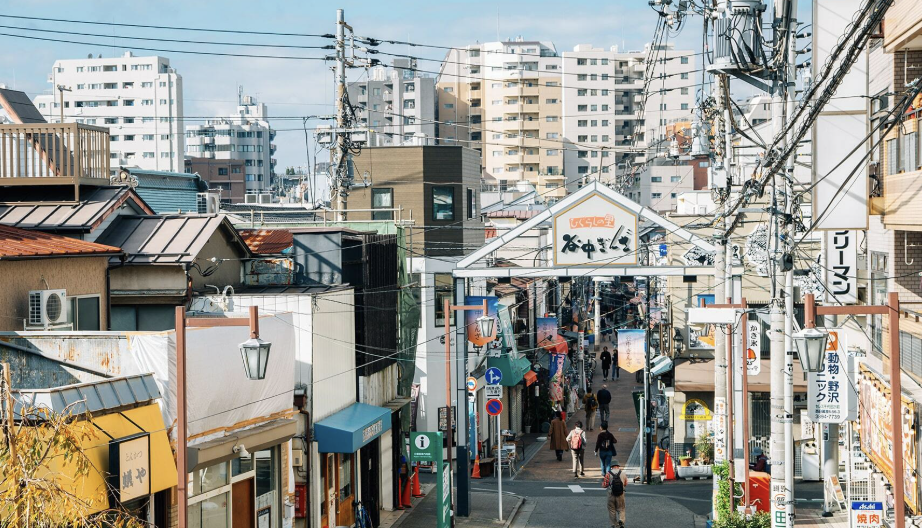
Yanaka is a district that survived the bombings of World War II, preserving its nostalgic atmosphere of the Showa era. Strolling through Yanaka Ginza, a charming shopping street, visitors can experience Tokyo as it was decades ago, indulging in handmade sweets, street food, and handcrafted goods.
Kagurazaka: The Geisha District of Tokyo
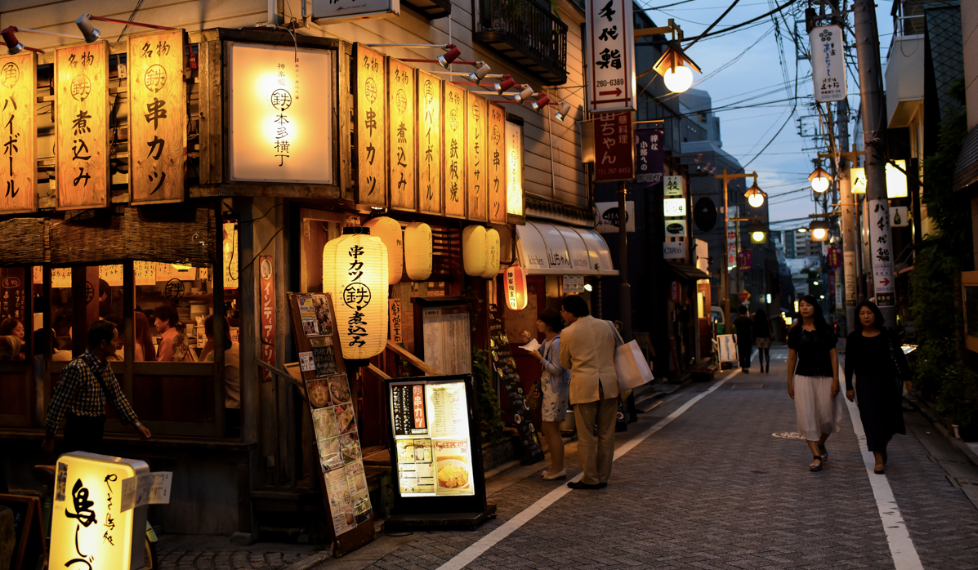
Once a thriving entertainment district for the elite, Kagurazaka retains its old-world charm with narrow stone-paved alleys and hidden ryotei (traditional restaurants). This district is still home to a few geisha houses, and visitors may catch glimpses of elegantly dressed geisha on their way to engagements.
Authentic Culinary Experiences: Savoring Tokyo’s Flavors
Dining at a Traditional Izakaya in Omoide Yokocho
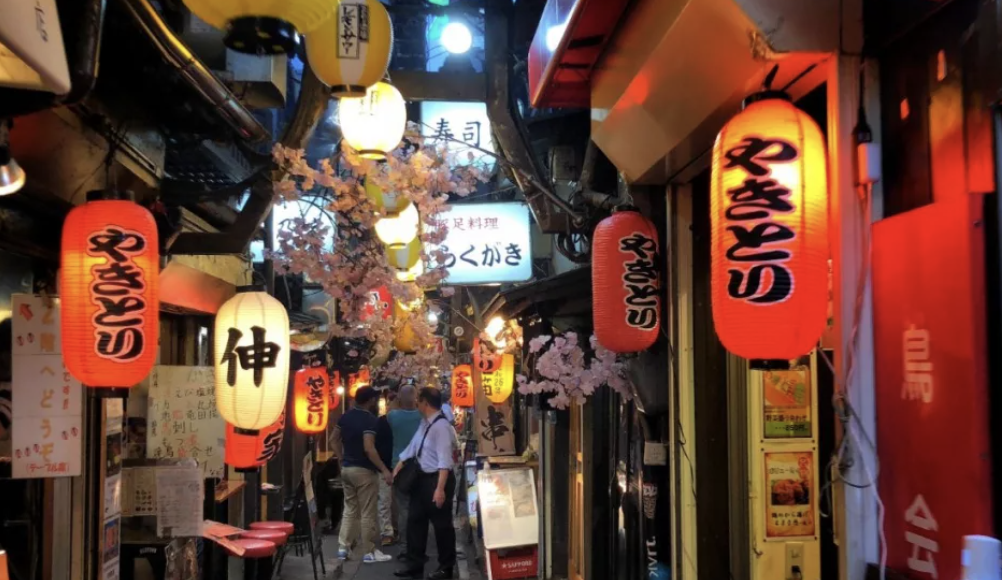
Omoide Yokocho, also known as “Memory Lane,” is a narrow alleyway lined with small izakayas (Japanese pubs) serving yakitori, grilled seafood, and sake. This lively spot in Shinjuku offers an intimate and rustic dining experience, where locals and visitors share stories over delicious, smoky dishes prepared over open flames.
Immersive Cultural Activities: Hands-on Traditions
Participating in a Tea Ceremony in a Historic Teahouse
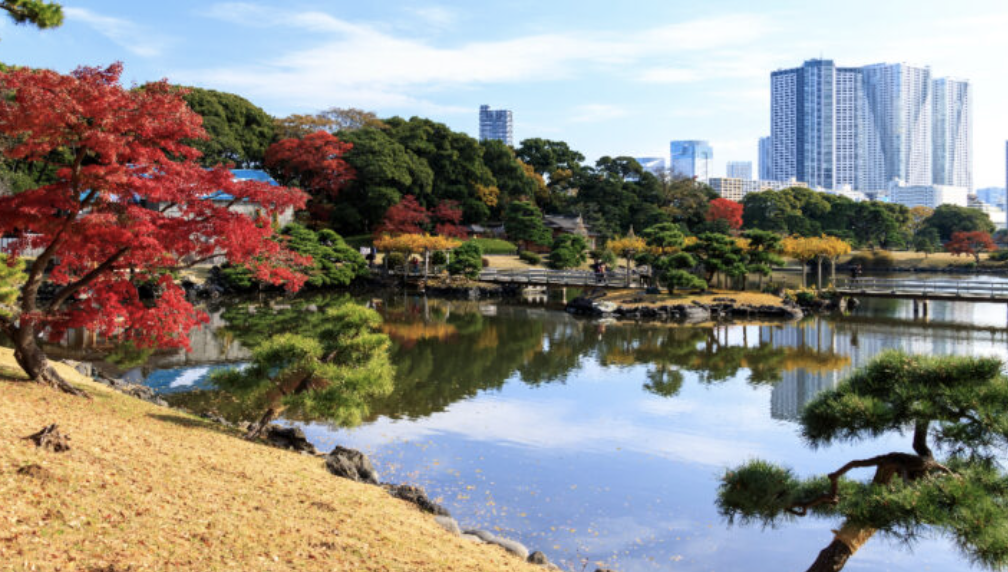
Tea ceremonies embody the essence of Japanese hospitality and aesthetics. Tokyo has several traditional teahouses where visitors can participate in an authentic tea ceremony. Places like Happo-en and Hamarikyu Gardens offer beautifully preserved spaces where guests can experience the meditative process of matcha preparation and learn the philosophy behind this ancient ritual.
Off-the-Beaten-Path Nature Escapes in Tokyo
Todoroki Valley: Tokyo’s Secret Natural Oasis
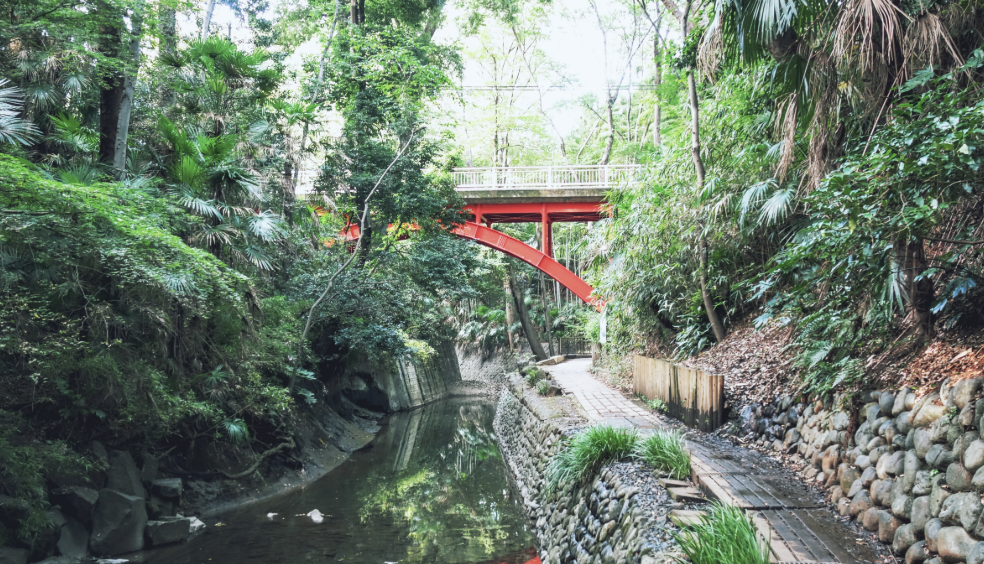
Despite Tokyo’s urban sprawl, nature lovers can find tranquility in Todoroki Valley, a lush gorge hidden in Setagaya Ward. A scenic walking path along a small river, surrounded by bamboo groves and moss-covered stone steps, creates a peaceful retreat from the city’s noise.
Mount Takao: A Day Trip for Nature and Spirituality
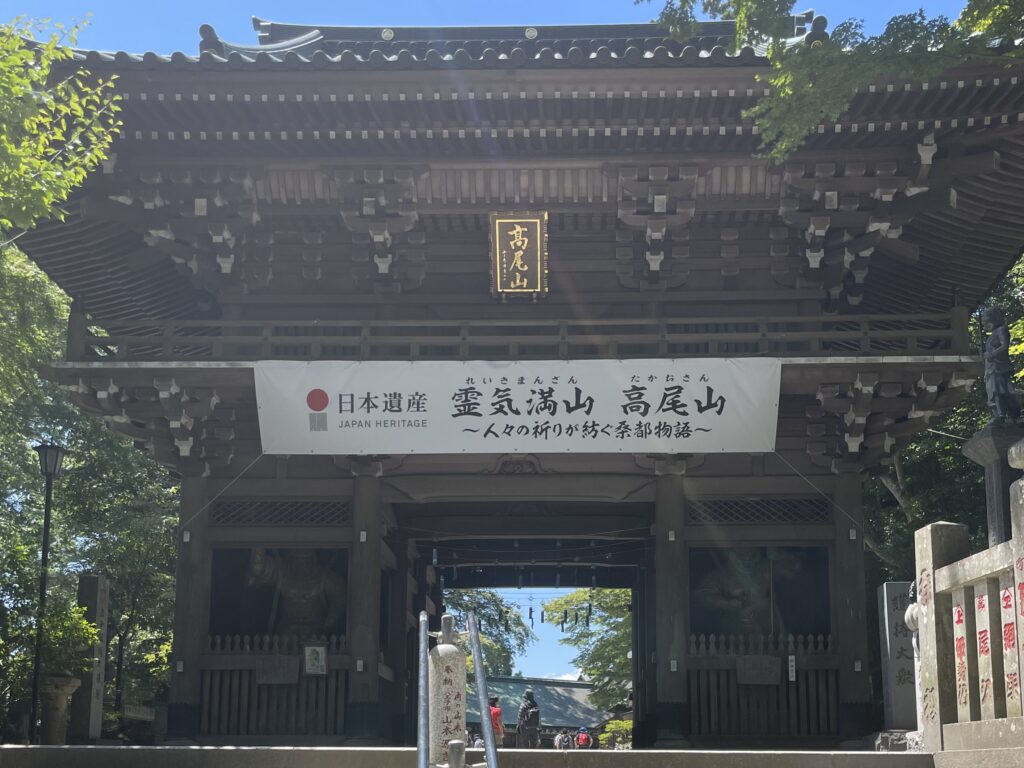
Just an hour from central Tokyo, Mount Takao offers a perfect blend of nature and cultural experiences. The mountain features several hiking trails, a cable car, and Yakuoin Temple, a spiritual site where visitors can learn about mountain worship traditions.
Unique Cultural Festivals and Seasonal Events
Sanja Matsuri: The Heartbeat of Asakusa
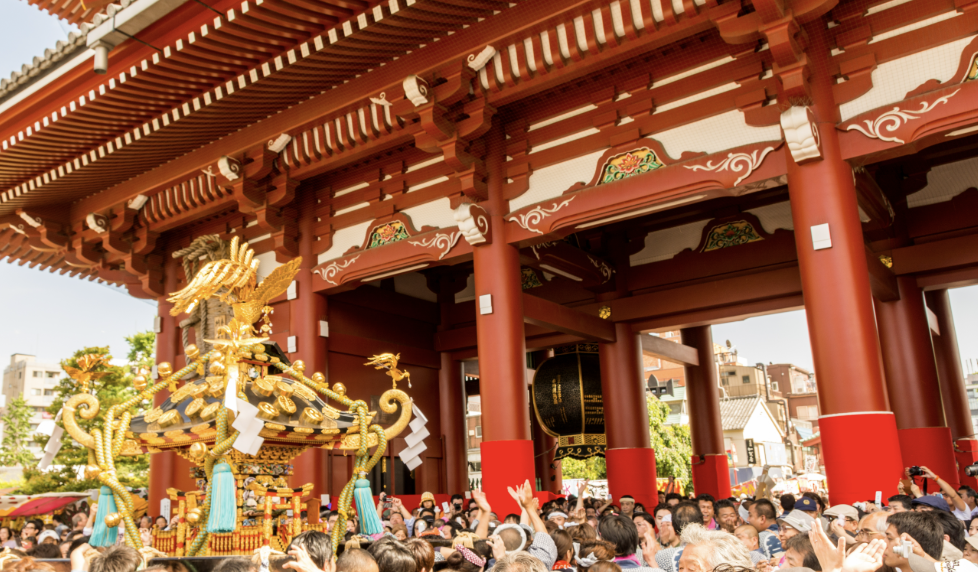
Sanja Matsuri, held in May at Sensō-ji Temple, is one of Tokyo’s most lively and traditional festivals. This three-day event celebrates the spirits of Asakusa’s founders with energetic processions of portable shrines (mikoshi), traditional music, and dancers.
New Year’s Hatsumode at Meiji Shrine
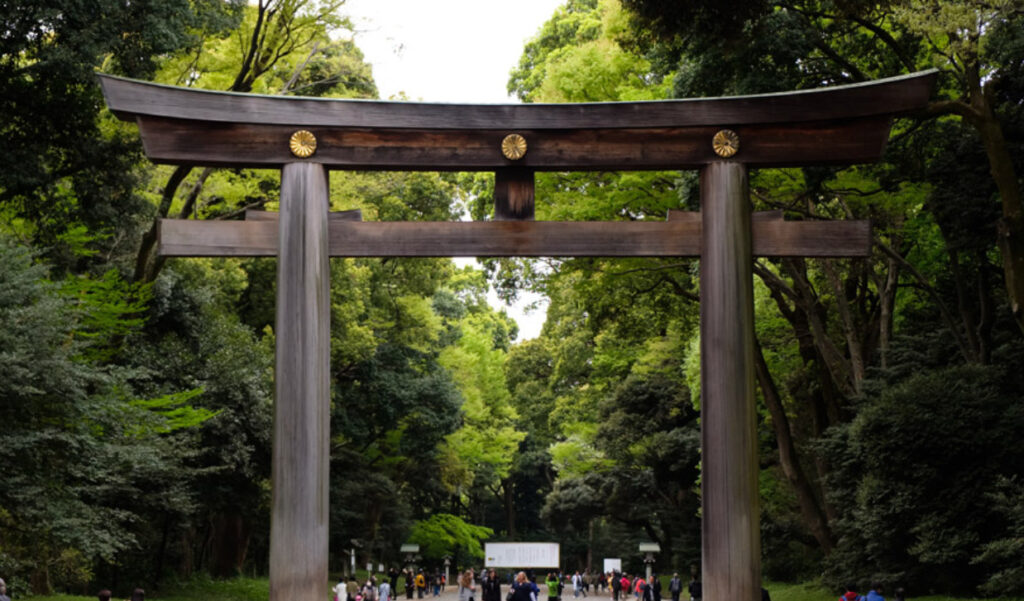
Hatsumode, the first shrine visit of the year, is a cherished tradition in Japan. Meiji Shrine in Shibuya attracts millions of visitors for this special occasion. People gather to pray for good fortune, purchase lucky charms, and witness traditional ceremonies.
Conclusion
Tokyo’s true essence is found not just in its skyscrapers and shopping districts, but in its hidden alleys, cultural traditions, and historical sites. By stepping off the beaten path, visitors can uncover a deeper, more authentic side of the city—one that embraces history, tradition, and the warmth of local communities. Whether it’s through food, festivals, or nature, the real Tokyo awaits those who seek to experience it beyond the surface.


